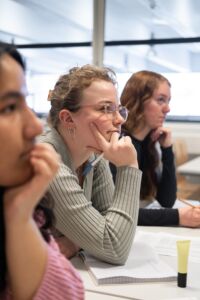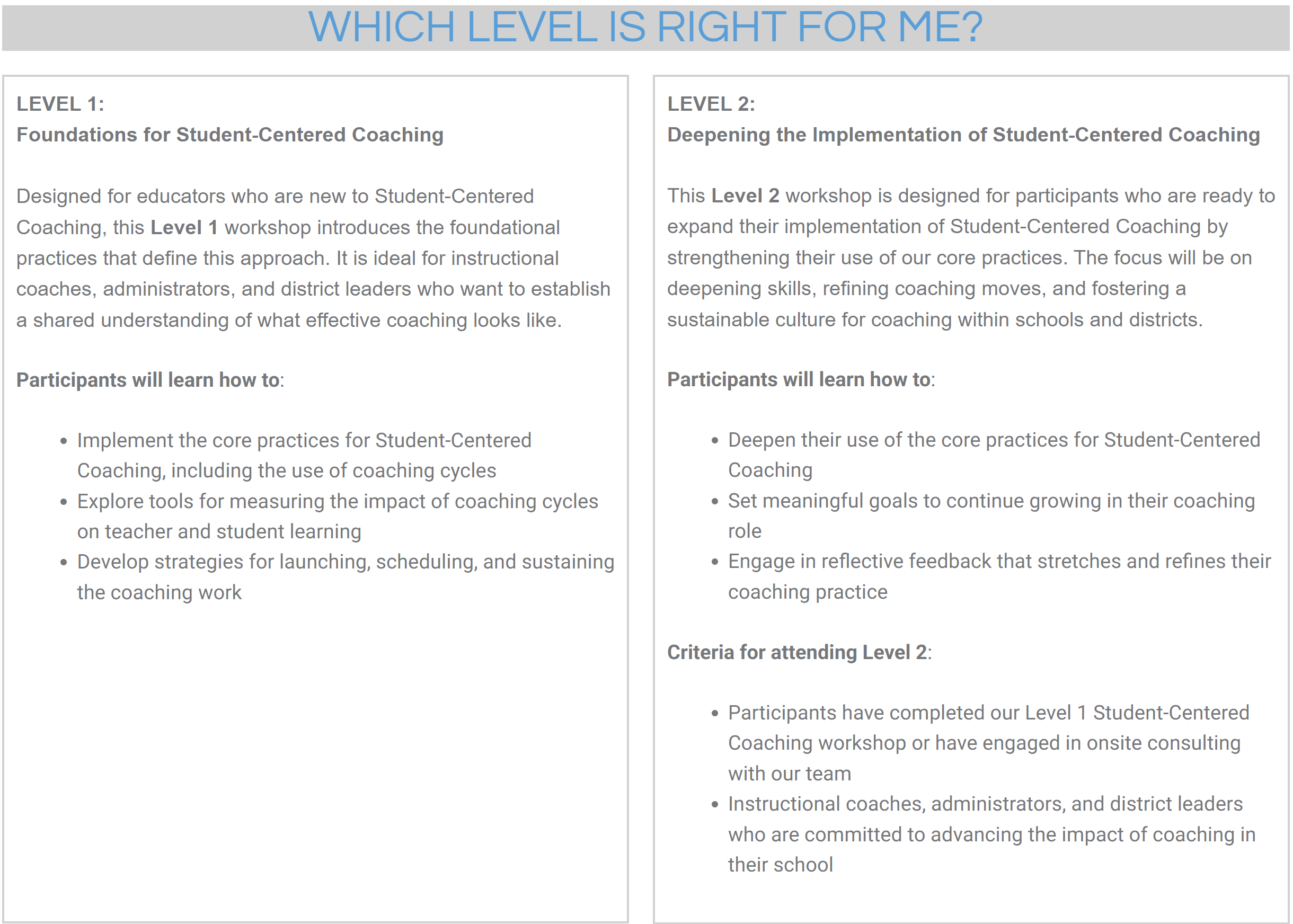I’m sitting on the visitor’s side of a virtual-visit kiosk in the Putnam County Jail across from my friend, Tyler. I’m holding the telephone mouthpiece to my ear, occasionally interjecting something supportive, a verbal nod. Tyler’s letting off steam, the arc of his agitation building to a fever pitch, then slowly expending itself. As a college professor who has made a practice of serving as a sounding board for my students, I find this space unexpectedly familiar. In my classes, I’ve always preferred listening to what my students have to say about the material we’re covering to leading them to think a certain way about it. I don’t think I realized—until Tyler—that listening is also an essential social justice tool.
Tyler has been in and out of jail for the last 14 years, struggling with substance use disorder. His is an all-too-common story: prescription painkillers leading to addiction and the inevitable unraveling. I met him ten months ago while working on a documentary about the community where we both live. Putnam County, Indiana is a rural agricultural community with a population of approximately 37,000 and per capita income of approximately $26,400, four school districts, a community college and an elite liberal arts college. With natural beauty to spare, it also has a growing homeless population and a steadily increasing number of children in need of services (CHINS).
In this visit, Tyler and I were trying to untangle a kerfuffle with his lawyer, who had threatened to drop Tyler for agreeing to participate in the film without his consent. When we approached Tyler about the film, his response was immediate and unequivocal: he wanted to tell his story in the hopes he could help prevent other people, especially kids, from finding themselves on the path he was on. Tyler had signed a release, like every other participant, and he hadn’t intentionally withheld this information from his lawyer—his lawyer just had such infrequent contact with him that he didn’t know (until I accidentally “outed” him by asking if we could possibly film a pre-trial conference). The lawyer’s response to me was curt, and he was unmoved by my admiration for his client’s willingness to demonstrate such vulnerability and accountability for the purpose of helping others. He eventually made good on his threat, leaving Tyler in a maddening state of limbo. He’s since been re-assigned to another public defender, but the limbo continues as he has no sense of where his case and sentence stand.*
What nags at me most about this lawyer-situation is the lawyer’s dismissiveness of Tyler’s need to tell his story, his rejection of the value, relief, sense of purpose the telling of this story provides Tyler. This nags at me, particularly, because it seems to me that Tyler’s feeling valuable and purposeful is, quite literally, a matter of life and death, and that sharing his experience with others—in his own, unmediated voice—could potentially be a matter of life and death for them. Fully acknowledging my naivete and tenuous grasp of the legal system (as well as the lawyer’s stated fear that participating in this film could potentially hurt Tyler, though a simple conversation could have cleared that up), I’m bewildered that a lawyer, entrusted with the power and obligation to serve as an advocate for someone in the most vulnerable position imaginable, would summarily dismiss his client’s voice. I’m bewildered he wouldn’t want Tyler to experience the power of sharing his story with an audience who wants to hear it.
My experience in higher ed should have kept me from such bewilderment. I’ve seen this resistance to handing over power before, in a context with arguably much lower stakes. I love teaching. I love the feeling of being a participant in a collective search for meaning, the sense there is urgency for all of us to decipher the texts in front of us. Several years ago, despite my love for teaching, I took an early retirement buyout, the only thing I could think to do to get out of my toxic relationship with my colleagues, who had expressed their “exasperation” for my refusal to take a more authoritarian role in my classroom and my conviction that shared power and shared space for everyone’s voice leads to deeper learning. They wanted me to lead my students to answers. I wanted to elicit more questions. They wanted me to assert power. I wanted to listen to what my students were telling me meant the most to them.
“People just want to feel seen and heard.”
The film, “North Putnam,” focuses on a school district that embodies the ethos of listening. Over the course of a year and a half we followed students, teachers, administrators, and community members, zeroing in on a handful of characters. In stories seemingly removed from one another we observed a similar thread: from an aging farmer facing the anxiety of an intangible succession plan and community revitalization leaders pleading for buy-in for their modest initiatives, to parents angered by the school board for a perceived lack of transparency and venue to speak, people just want to feel seen and heard. We chose to showcase North Putnam because the district has crafted a culture that is exemplary in the way it nurtures seeing and hearing in its schools and in its interactions with the surrounding community. One of our featured characters is the guidance counselor at one of the district’s elementary schools. We shadowed him on multiple tasks of unsung heroism, including the addition of nearly four hours to his already-grueling day as he shuttled a student back and forth from her grandmother’s house 50 minutes and another county away to help her maintain a semblance of the familiar while her parents were in jail. Her father turned out to be Tyler.
“We need to recognize creating this space does not compromise rigor or deep engagement with course material, but, to the contrary, is the foundation for learning that feels meaningful, relevant and authentic.”
In this historical moment of massive upheaval in our education system, both public K-12 and higher ed, we need more than ever to construct classrooms that place listening at the center, that create the space for students’ voices and lived experiences. We need to recognize that creating this space does not compromise rigor or deep engagement with course material, but, to the contrary, is the foundation for learning that feels meaningful, relevant and authentic. The foundation for learning that opens up possibilities that kids might not have recognized before.
There is a direct link between the lawyer’s dismissal of Tyler and my colleagues’ dismissal of my contention that my students’ voices matter as much or more than mine. And there’s a direct link between my students and the K-12 experiences that instilled in them the sense that their role as students is comprised of telling me what they think I want to hear. Though they seem to feel liberated when I ask them what they think, there is still a process of unlearning that happens before they start to trust that they do have something to say, they do have stories to tell.

In my most recent visit with Tyler, he told me he’s been thinking about how many people he feels he’s lost contact with, his sense of abandonment. He wondered aloud “if God was putting [him] in this position of being alone for a reason,” if this is all leading him to a place where he’s supposed to be cut off from others, so that he can focus on what he needs to do to get out, make a life for himself and pursue his wish to speak to kids about his experience so that they might make different choices. As he tells me this, he vacillates from the pain of so many encounters where he’s left feeling that his perspective isn’t valuable to the hope that somewhere, on the other side, he will be given a platform to share his story. He talks about intentionally silencing himself, refusing to speak, then shifts as if to gird himself up to take on a necessarily solitary task. Both modes are heartbreaking, but it’s the latter I find especially so. Why should he need to steel himself, become resigned to being alone? Why should he give up on his dream of being part of a conversation that can heal pain and prevent future pain?
He shouldn’t have to, just as kids (and teachers, and farmers, and everyone) shouldn’t have to feel alone, like their voices don’t matter or they’re speaking into the void. To me, we begin to transform the system that links Tyler’s experience to that of students who also feel silenced by adopting a perspectival shift that starts with viewing each classroom as a relational, rather than transactional space. Recently, I learned about the Happy Teacher Revolution, “a movement with the mission to support the mental health and wellness of teachers.” The movement builds from the concept of human-centered design, which aligns nicely with The Castle’s premise that learning communities are richest when they emerge organically from the contributions and experiences of the people in the room. HTR is a movement aimed at teachers, but I believe it identifies the necessary conditions and hoped-for outcomes of all nurturing, attentively-listening environments: self-acceptance, positive relations with others, autonomy, environmental mastery, purpose in life and personal growth. It’s a space where being seen and heard melds seamlessly into building a community.
It’s a space worth not giving up on.
*Update: Tyler was released from Putnam County Jail a month ago. He is home with his wife and daughter and we are actively pursuing his plan to speak to students about his experience. The administrators at North Putnam are receptive to this idea.
Resources
Please login or register to claim PGPs.
Alternatively, you may use the PGP Request Form if you prefer to not register an account.




